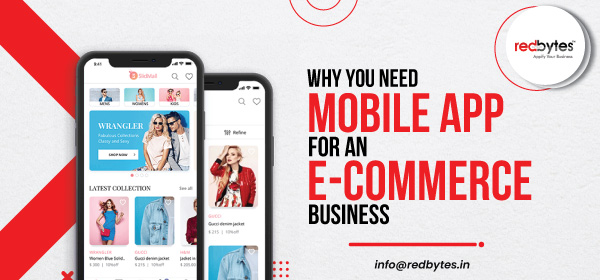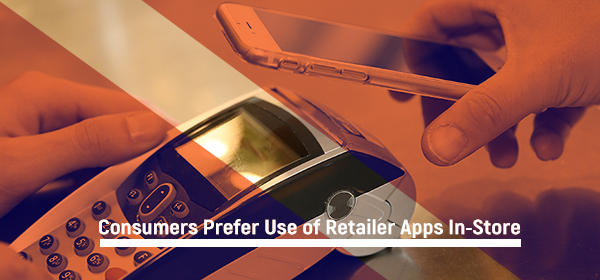The business models have changed substantially from the old barter system to direct selling and to e commerce platforms with the advent of technological innovations. With more and more applications being integrated into the smart phones, their popularity has been ever rising. E-commerce applications now no longer need a computer to perform and the ease of shopping has paved way to development of dedicated mobile apps for business.
Mobile apps serve more than just business for e-commerce industry. Undoubtedly, the M-commerce is going to change the way the world shops in future. Most firms have found it beneficial to have a dedicated app for mobile platform for customer satisfaction as well as increased business. Well, the benefits can go beyond mere shopping ease.
1. Creating a brand consciousness
What you see gets into your brain unconsciously. Mobile apps serve as constant ad for the prospective customer. Some prefer window shopping and it’s easier on a mobile platforms. Seeing the app icon on a regular basis can make their choices biased to your favour too in a subtle way. Once customers experience the ease and comfort of shopping through mobile apps, they are sure to turn into loyal customers of your brand, thus indirectly contributing towards creating brand recognition in the virtual market.
2. Better customer satisfaction
Customer is is a part of the business on the long run since mobile apps have facilities for push notifications about new offers and latest arrivals. With mobile apps, the customer can thus be informative about the product, comment on the usability and review items based on known experiences too. Since the customer is no longer a silent participant in the business process, their satisfaction levels are higher than that of a direct buy/sell approach.
Push notifications do the business promotion rather discreetly without annoying the customers. Usually promotional ads and e mail notifications get ignored in a customer’s busy life schedule. Push notifications are a great way to keep in touch with them in the midst of hectic life styles.
3. Mobile apps can display customised products
Customised display of products and notifications based on user experience and behaviour is possible with mobile apps without affecting their privacy. Things are likely to get sold when the users really want them. Big data analysis has made things easier for e–commerce giants to customise the notifications to suit the customer interests. Relating with the customer can be easier with a mobile app. Rewards and coupons about particular products of customer interest can lure the customers into buying too.
Personalized gifts can be bought and delivered anywhere around the world at the tap of the icon with a mobile app which makes life moments special for the users. Ability to integrate the built in apps for better performance
Mobile apps can make use of the smart phone features such as GPS location, camera, voice search functions, etc. to provide a seamless experience of shopping. For example, products or brands popular and available in a specific region/country can be customised to be displayed based on geolocation facility. Such minute modifications can save the valuable time of the customer and hence increase the customer satisfaction. Reminders about big discount sales can be set up along with an inbuilt calendar function of smart phone thus not losing customers.
4. Social media sharing
Products info can be shared online via social media with ease for better suggestions from friends and family. Facebook, Twitter, instagram all of them can be integrated with the mobile apps with users permission so that the shopping experience can be shared. With online reviews, customers can ensure the quality of the product and hence can choose wisely. Reviewing the d products via text/video blogs can generate income for regular buyers too.
5. Mobile apps can be accessed offline
Some apps are accessible offline too without consuming data for the user. Such apps tend to load faster too as they need not rely on the speed of the internet. This might be a boon for the customers from countries with poor bandwidth and internet facilities. They can browse through the products offline and internet requirement might be limited to payment and .
Conclusion
The level of competition in any business is a crucial factor and there’s no doubt that mobile apps are reshaping the ecommerce industry. Exposure of a brand is more wider to its users through an ecommerce app or website and be a small or established business its high time that you take the advantage of mobile apps. However, what you offer is for the users and they always prefer easy shopping with the perfect user experience.





